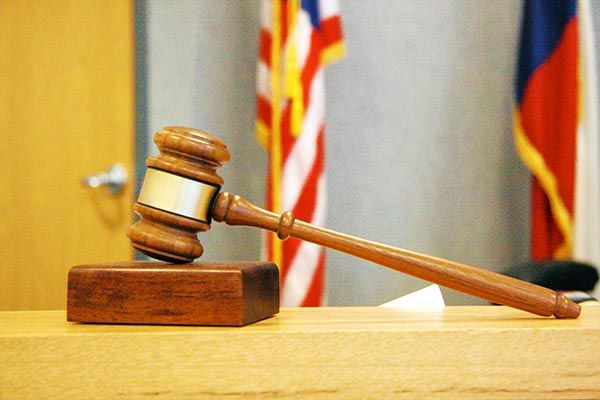Youngster care laws differ as indicated by ward, yet most states and territories follow a fundamental arrangement of ideas intended to be reasonable and impartial and ensure the interests of the kids.
In case you’re a gathering in a kid guardianship activity, understanding youngster authority laws and their application is critical to guaranteeing a good result for you and your kid. You may have held advice in your kid care activity, yet an essential comprehension of the law will make you an educated member in the procedures and assist you with guaranteeing your lawyer is acting with due determination.
The plan of youngster care law is to arrive at a choice in “the eventual benefits of the kid.” A kid guardianship choice in “the eventual benefits of the kid” requests thought of the desires of the guardians, the kid, just as the kid’s relationship with each parent, their siblings and sisters, and other persuasive people. Different elements considered are, the kid’s home climate, school, and network, and the guardians’ physical and mental prosperity.
In law activities, the court figures out which parent ought to have physical and legitimate guardianship of the kid or kids who are the subject of the activity.
Actual care implies that a parent has the option to have a kid live with the person in question. Numerous states’ laws like to grant joint actual care to the two guardians, permitting kids to invest equivalent measures of energy with each parent.
In law, lawful guardianship alludes to one side to settle on choices about a kid’s childhood, which incorporates choices about the kid’s schooling, religion and clinical consideration. Guardians with legitimate care of their youngsters likewise get any tax reductions granted to guardians by state and government.
The current pattern in youngster care law is an inclination by courts to grant joint care to guardians, in light of the thinking that approaching the two guardians is in a kid’s wellbeing. In many utilizations of youngster authority law, joint care implies that each parent shares similarly in the dynamic cycle and tax cuts are additionally fairly shared.
In law, when a court grants sole legitimate and actual guardianship to one parent, the non-custodial parent is granted appearance rights. These rights might be broad or restricted by the conditions of the case. A solid assumption in kid guardianship law exists toward granting appearance rights to non-custodial guardians, notwithstanding, courts may force limitations on appearance by non-custodial guardians. Appearance can go from a little while and long periods of unaided time with your youngsters to administered visits each other end of the week.
Cases in which youngster authority law would deny appearance rights frequently incorporate non-custodial guardians who have mishandled the kid or noncustodial guardians seriously experiencing a psychological maladjustment that could adversely affect the kid. Non-custodial guardians who are detained or who have a jail record are not consequently denied appearance rights, be that as it may.













Comments